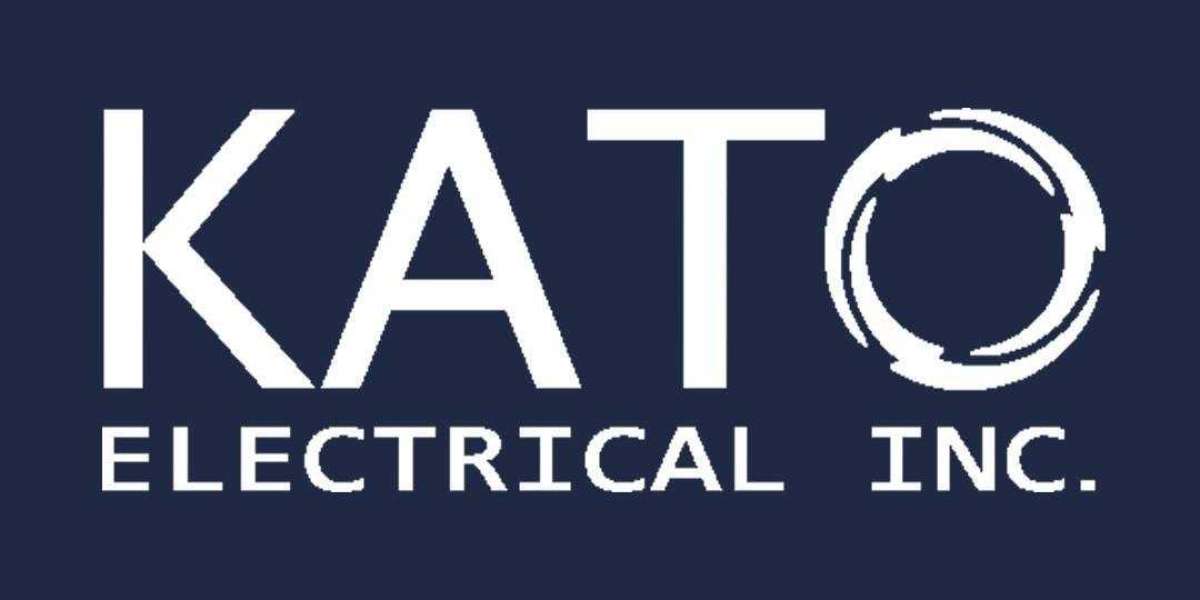Refinancing your home can be a great way to save money and improve your home's value. However, there are a few things to keep in mind before you go ahead and do it. We will discuss the benefits of cash-out refinance and how it can benefit you. From lowering your monthly payments to increasing the value of your home, cash out refinance has a lot to offer. So if you are thinking of refinancing your home, be sure to read this post first to learn all the benefits.
1. What is cash-out refinance?
Cash-out refinance is a type of refinance that allows homeowners to take out a new loan with a lower interest rate and then use the proceeds of the refinance to pay off the old loan. This can save homeowners money on their monthly payments and can increase the value of their homes.
There are a few things you need to keep in mind before getting a cash-out to refinance. First, you need to make sure you can afford the increased payments on the new loan. Second, you'll need to make sure you have enough equity in your home to cover the costs of the refinance. Third, you'll need to have good credit and be able to afford to take on a new loan.
If you meet all of the requirements and you're still interested in getting a cash-out refinance, there are a few things you can do to increase your chances of getting approved. First, make sure you have a good credit score. Second, make sure you can afford to make the increased payments on the new loan. Third, make sure you have enough equity in your home to cover the costs of the refinance.
2. What are the benefits of cash out refinance?
Cash-out refinance is a great way to improve your home's value and qualify for a lower interest rate. It can also help you pay off your mortgage in a shorter time frame. There are several benefits to cash-out refinance, so it's important to consider all of them before making a decision.
The first benefit is that it can help increase the value of your home. By refinancing and taking out a cash-out refinance, you can increase the value of your home by putting more money down. This can result in a larger payment and a quicker payback period.
Another benefit of ccash-outrefinance is that it can help you qualify for a lower interest rate. This is because you are refinancing with cash and not using your home's equity. This can reduce the interest rate you are required to pay on your mortgage.
Finally, cash out refinance can help you pay off your mortgage in a shorter time frame. By refinancing and taking out a cash out refinance, you can shorten the amount of time it will take you to pay off your mortgage. This is because you are receiving a larger payment and the refinanced mortgage is shorter term.
It's important to consider all of the benefits before making a decision. If you are refinancing for the first time, be sure to speak to a qualified mortgage advisor to get the best possible rate and terms.
There are a few reasons why a cash-out refinance may be a good option for you. First, a cash-out refinance can be a quick and easy way to get cash. Second, a cash-out refinance can reduce your monthly payments. Third, a cash-out refinance can help you get a better interest rate on your to refinance. Fourth, a cash out refinance can help you save on your closing costs. A great option if you want to get cash out of your home as quickly as possible.
3. When is the best time to cash out refinance?
The decision to cash out a refinance can be a difficult one. Here are a few things to consider:
-Your current mortgage rate: This is the primary factor you'll use to decide when to cash out. If the rate on your current mortgage is lower than the rate you could get on a new mortgage, it might be a good time to cash out.
-Your current credit score: If your credit score is good, you may want to wait until your score increases since cashing out could lower your credit score.
-Your current monthly mortgage payments: If you can pay off your mortgage in fewer months, it might be a better time to cash out.
-Your current monthly housing expenses: If you can pay off your mortgage faster, it might be a better time to cash out.
-Your current investment portfolio: If you're comfortable with your current investment portfolio, you may not need to cash out.
-Your current financial situation: If you're in a good financial situation, you may not need to cash out.
Deciding when to cash out a refinance can be a difficult decision, but it's important to consider all of your options.
5. What are the risks associated with cash-out refinance?
There are a few risks associated with cash-out refinance. The most common risk is that the value of the home may decline in value when refinanced, which could cause you to lose money. Additionally, if you are not able to keep up your mortgage payments, you may end up owing more money on your home than it is worth, and you may have to sell your home at a loss.
It is important to weigh the risks and benefits of a cash-out refinance before making a decision. You may also want to consult with a mortgage advisor to get an idea of the risks involved in your specific situation.
6. Can you refinance all your loans with cash-out refinance?
Many people are wondering if they can refinance all of their loans with cash-out refinance. The answer is yes, but it's important to consult with a loan officer to see what would work best for your situation.
When you're looking at refinancing, it's important to take into account your current debt-to-income (DTI) ratio. This will show you how much debt you can comfortably handle and still have enough left over each month to cover your expenses.
If your current DTI is high, then you might want to consider refinancing into a lower-interest loan. This will help you to save money in the long run and also reduce the amount of money you'll need to pay back.
Remember, refinancing can help you to reduce your interest rate, pay off your debt faster, and even receive a larger loan than you originally applied for. Consult with a loan officer to see if cash-out refinance is right for you.
7. What are the taxes associated with cash-out refinance?
When you're thinking about cash-out refinance, you may be wondering about the taxes that will be associated with the process. The good news is that the IRS has made it very clear that you won't have to pay any taxes on the money that you receive as a result of refinancing your home. This means that you can refinance your home and receive money from the sale of your home, and then you won't have to pay any taxes on that money.
The IRS has specifically stated that this applies to all types of cash out refinances, including short-term and long-term refinances. This means that you can refinance your home and receive a cash infusion, and then you can use that money to buy another home or invest in other projects.
8. What are the eligibility requirements for cash-out refinance?
If you're thinking about cash-out refinance, there are some important things you need to know. In order to qualify for a cash-out refinance, you must meet a few requirements. First and foremost, you must be able to qualify for a loan based on your current income and debt load. Second, you must be able to meet the minimum requirements for your loan type. Third, you must be able to afford the higher interest rate that comes with a cash out refinance. Finally, you must be able to afford the down payment and closing costs.
9. What are the pros and cons of cash-out refinance?
There are many pros and cons to cash-out refinance. Some people see it as a way to get a higher rate on their mortgage and others to see it as a way to get a quicker payoff. Here are some of the pros and cons of cash-out refinance:
Pros of cash-out refinance:
- You may get a higher rate on your mortgage
- You may get a quicker payoff on your mortgage
- You may be able to get a lower interest rate
- You may be able to get a refinance with no origination fee
Cons of cash-out refinance:
- You may have to pay more in closing costs
- You may have to pay a higher interest rate
- You may have to pay a penalty for early repayment
- You may have to sell your home
The decision of whether or not to cash out your refinance or not is up to you. It's important to think about all of the pros and cons before making a decision.
10. Conclusion
Refinancing your home can be a great way to increase your home's value and pay off your mortgage faster. However, there are some important things to keep in mind before you take the plunge.
One of the biggest benefits of cash out refinancing is that you can lower your interest rate. This can save you money every month, and over the life of your loan.
Another big benefit of refinancing is that you can lock in your current loan terms. This means that you won't have to worry about your loan terms changing in the future and you'll be able to enjoy your home for as long as you want.
If you're looking to take the plunge and refinance your home, be sure to talk to a mortgage lender about your specific situation. They will be able to give you a better idea of the benefits and drawbacks of refinancing.
If you're thinking about cash-out refinance, there are a few things you need to know. By refinancing your home using cash out, you can get a lower interest rate and pay off your home faster. You may also be able to get a larger loan, which could save you money in the long run. If you're interested in cash-out to refinance, learn more about the benefits, and how to get customized funding for your next account cash-out to refinance
visit: alignchancefinancial.com we have customized solutions to your business needs.



